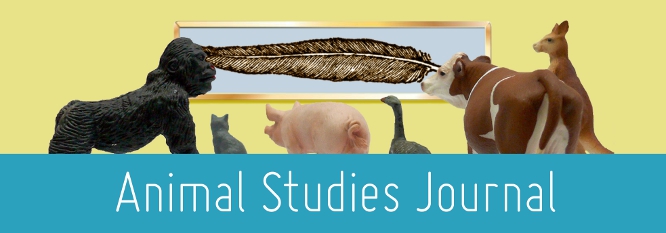Home > assh > ASJ > Vol. 10 (2021) > No. 2

Abstract
The aim of this essay is to address the challenges and problems in communicating with horses and interpreting their communication in everyday handling and training situations. We seek ways to learn more about equine communication and agency in the prevention of cruelty against animals and in enhancing animal welfare. We ask how it would be possible to learn to read the subtle signs of equine communication and agency in a sensible, sensitive, and ethical way to increase the health and wellbeing of horses that humans interact with. We have placed this theoretical examination in a multidisciplinary framework that consists of humananimal studies, feminist posthumanities, cultural and literary studies, and equine social science, as well as applied insights from, for example, discussions on power, ethics, and politics. Our emphasis is on the need for situated knowledges, among scientific and tacit knowledges, in order to ‘become with’ a horse in a relationship based on mutual communication and trust. These different types of knowledges are central to an ‘animal politics’ that is organised politically on behalf of animals and motivated by an ethics of care and responsibility, echoing recent requests for a relational ethics in interactions with animals in multispecies societies and more-than-human worlds.
Recommended Citation
Karkulehto, Sanna and Schuurman, Nora, Learning to Read Equine Agency: Sense and Sensitivity at the Intersection of Scientific, Tacit and Situated Knowledges, Animal Studies Journal, 10(2), 2021, 111-139.Available at:https://ro.uow.edu.au/asj/vol10/iss2/7
Included in
Animal Studies Commons, Comparative Literature Commons, Other Feminist, Gender, and Sexuality Studies Commons, Other Geography Commons

